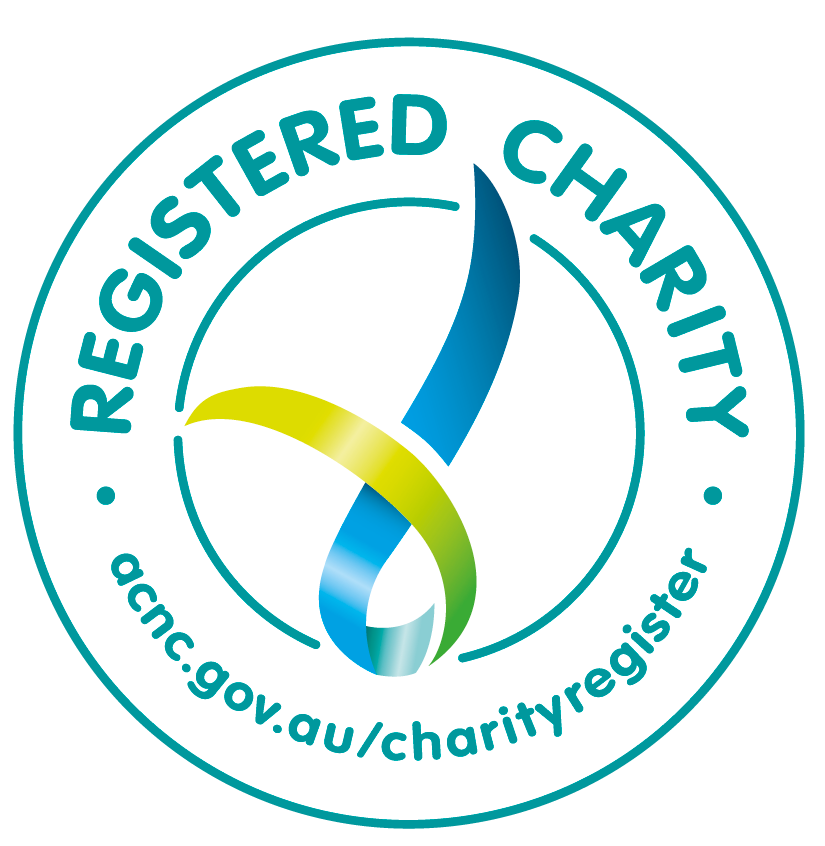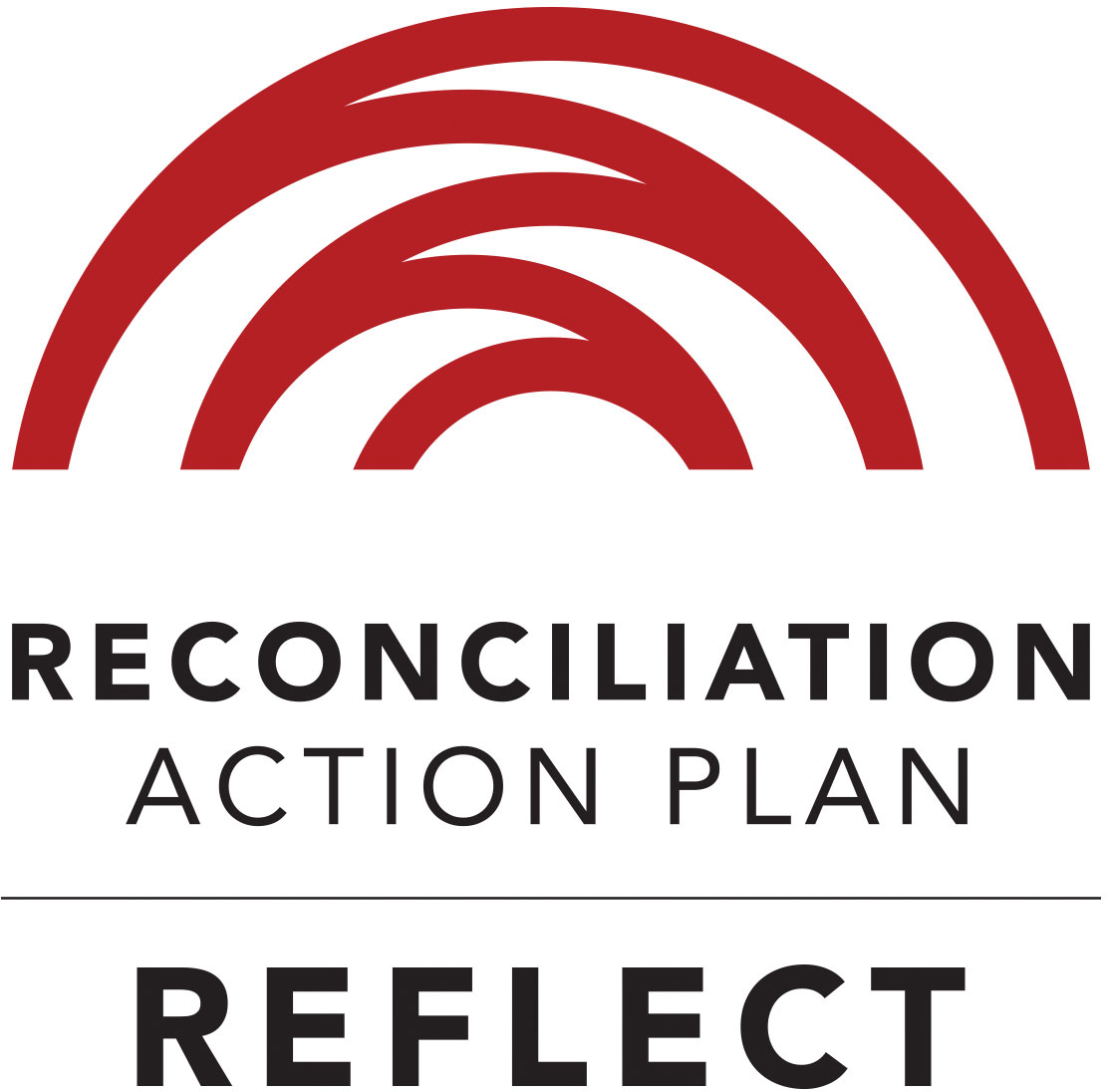More pages in this section
Supporting someone who is lonely
Our need to connect with others is a human condition – it’s in our DNA!
Loneliness is a silent epidemic that affects as many as 1 in 3 Australians. People are very much social creatures and come to rely on safe, secure social surroundings to survive and thrive. However, this need leaves people vulnerable to loneliness and feeling isolated.
We feel lonely when we are sad or distressed because of a mismatch between the amount of social connection we want or need and the amount we have – at the root of this is the desire to be loved and love others.
Loneliness does not discriminate – age, gender, socioeconomic status - do not determine if a person will feel lonely, it affects people from all walks of life.
According to a report published by Loneliness Awareness Week, loneliness is a significant concern, with 1 in 6 Australians are experiencing severe loneliness.
More than just a fleeting emotion; loneliness can have severe consequences on both mental and physical health. Research suggests that prolonged loneliness can increase the risk of developing mental health disorders such as depression and anxiety.
Additionally, loneliness has been linked to an increased likelihood of heart disease, obesity, and other chronic health conditions.
The good news is that things are within our control to make connections and reduce loneliness. Meaningful relationships and social support play an important part in combating it. Simple gestures, such as reaching out to a friend, family member, or neighbour, can make a world of difference. Studies show that social connections not only have a positive impact on mental wellbeing but can also contribute to a longer, healthier life.
Supporting people who feel disconnected and lonely requires an open heart and mind, and to be empathetic. Some ways to support someone lonely can include:
- Active listening: Be present, show empathy, and avoid judgment. Sometimes, a non-judgmental ear can be a powerful support.
- Encourage social activities: this can help break the cycle of isolation and may include inviting them to join a group or attend community events.
- Virtual connections: technology provides us with numerous ways to connect where location isn’t a barrier such as video calls, online communities, and social media to maintain connections.
- Professional support: If loneliness becomes overwhelming, encourage professional help to navigate this challenge.
selectability provides programs that foster peer and community connections to improve the mental wellbeing of regional Queenslanders and contribute to suicide prevention.
Social connections are essential for mental and physical health. They provide support, love, and a sense of belonging. By nurturing social connections, we can improve mental wellbeing and live happier, healthier lives.
Learn more about our services by visiting our services page.
Help is available
If you or someone you care about is in immediate need of support, please contact:
- Suicide Call Back Service 1300 659 467
- Lifeline 13 11 14
- Kids Helpline 1800 551 800
- Standby - Support After Suicide 1300 727 247
USEFUL LINKS

selectability acknowledges the Traditional Owners of the land on which we provide services and pay our respects to Elders past, present and emerging. We acknowledge those with lived experience and those who support and partner with us to improve mental wellbeing and prevent suicide across regional Queensland.

